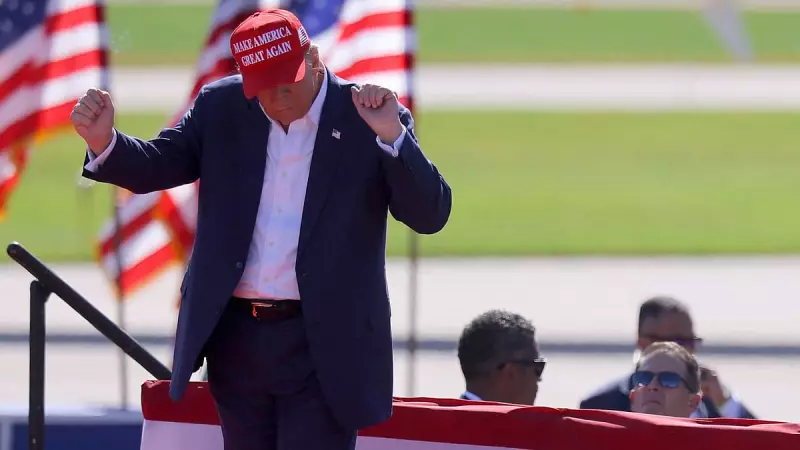
In a bold move that could reshape international trade dynamics, former US President Donald Trump has floated the idea of imposing sweeping 60% tariffs on all Chinese imports if he returns to the White House. This aggressive trade policy proposal has sent shockwaves through global markets and diplomatic circles.
The Return of Protectionist Trade Policies
During his previous administration, Trump initiated a trade war with China by implementing tariffs on approximately $370 billion worth of Chinese goods. His new proposal represents a significant escalation that economists warn could trigger widespread economic consequences.
"We have to do it," Trump declared in a recent television interview, defending his protectionist approach. His stance reflects ongoing concerns about what he describes as unfair trade practices and intellectual property theft by China.
Potential Global Economic Fallout
Economic analysts express deep concerns about the ripple effects of such drastic measures:
- Consumer price inflation across multiple sectors
- Disruption to global supply chains still recovering from pandemic shocks
- Retaliatory measures from China affecting American exporters
- Increased costs for manufacturers dependent on Chinese components
Contrasting Approaches: Trump vs Biden
The proposal highlights the stark contrast between Trump's confrontational trade strategy and President Joe Biden's more measured approach. While maintaining some Trump-era tariffs, the Biden administration has pursued targeted restrictions on sensitive technologies rather than blanket tariffs.
International trade experts note that such extreme protectionist measures could undermine decades of global economic integration and potentially trigger a new era of trade conflicts that would affect economies worldwide, including India's export-dependent sectors.
What This Means for International Relations
The tariff threat comes amid already strained US-China relations, with tensions running high over Taiwan, technology competition, and military presence in the South China Sea. A renewed trade war could further complicate diplomatic efforts and create uncertainty for businesses operating in both markets.
As the 2024 presidential election approaches, trade policy emerges as a critical dividing line between the candidates, with potentially far-reaching consequences for the global economic order.





